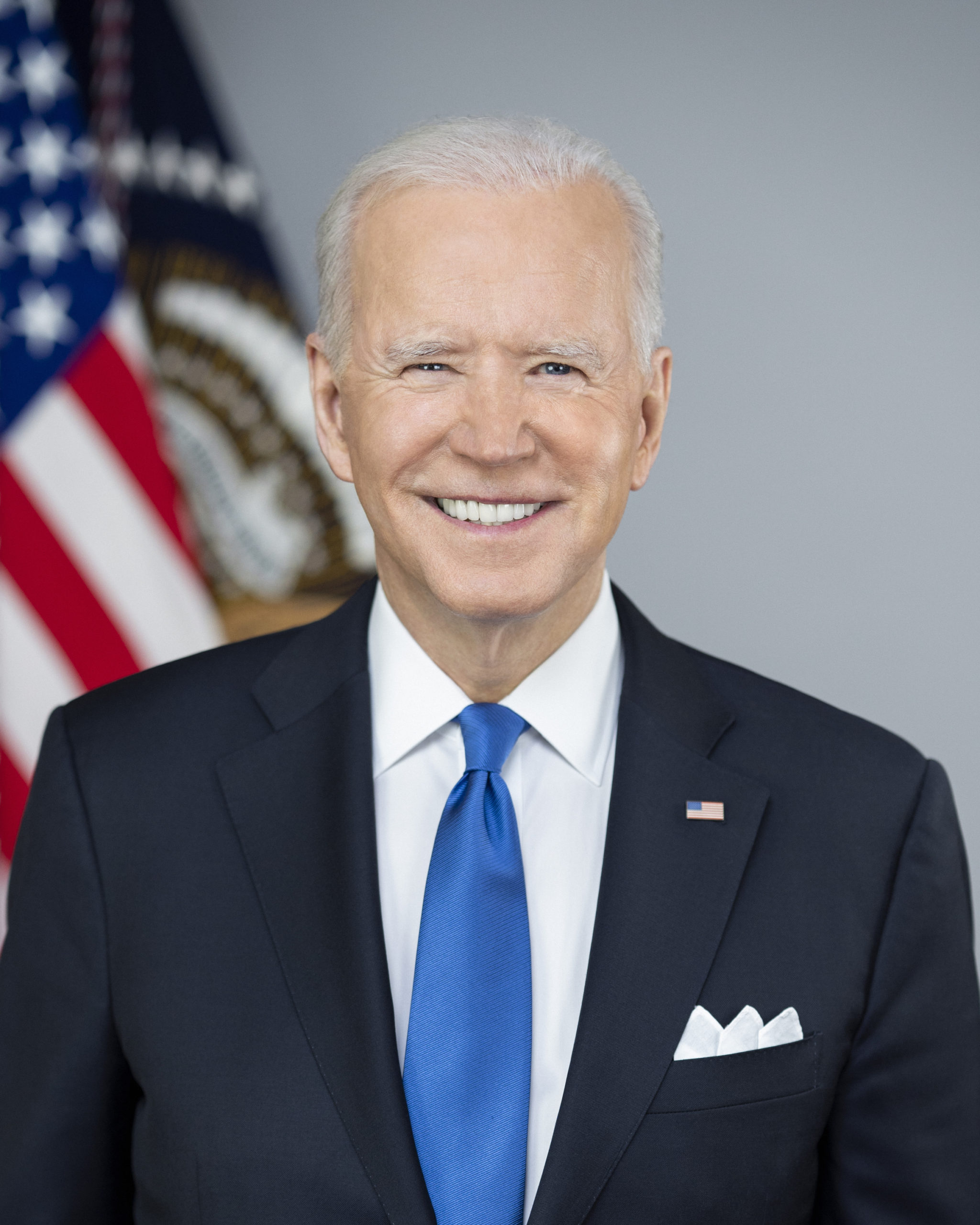
Examining Biden's First 100 Days in Office
During his first 100 days in office in 1933, Franklin D. Roosevelt signed fifteen major bills into law and issued a series of executive orders directed at pulling the nation out of economic depression. Ever since, presidents have taken office with high public expectations for their first 100 days. The 100-day marker is likely a poor overall gauge of a successful presidency: Abraham Lincoln is among the greatest presidents of all time and, yet, during his first 100 days in the White House, the country split apart. Recognizing the deficiency of the measure, John F. Kennedy sought to end 100-day evaluations. After reciting a list of pledges in his own inaugural address in 1961, Kennedy said: “All this will not be finished in the first one hundred days. Nor will it be finished in the first one thousand days, nor in the life of this Administration, nor even perhaps in our lifetime on this planet. But let us begin.” Yet voters do not wait a lifetime for results—and presidents cannot even avoid the scrutiny that Day 100 brings.
When President Joe Biden took office on January 20, 2021, COVID-19 had already killed 400,000 Americans. Two weeks before Biden’s inauguration, a violent mob stormed the Capitol, where Congress was meeting to count the electoral college votes and certify Biden as the winner of the 2020 presidential election. Biden’s predecessor, Donald Trump, falsely claimed the election had been stolen because of widespread fraud and cheating. As Biden took the oath of office, millions of Trump supporters held fast to the belief that the election was rigged and Trump’s departure an injustice. At the other extreme, some Democrats, mistaking election for revolution, called for truth commissions, purges of enemies, and other tools suited only to actual political transformations.
Read more...
